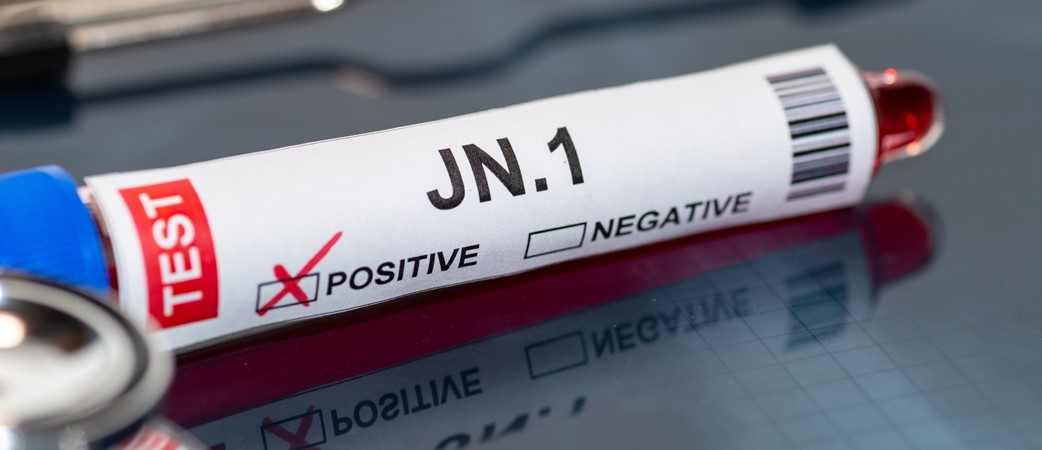According to official sources, 19 cases of COVID-19 sub-variant JN.1 have been traced in Goa and one each in Kerala and Maharashtra.
As many as 21 cases of COVID-19 sub-variant JN.1 have been detected across the country till now, NITI Aayog member (Health) Dr V K Paul said on Wednesday but asserted that there was no need to panic.
He said that the scientific community in India was closely investigating the new variant as he emphasised on the need for states to ramp up testing and strengthen their surveillance systems.
Paul highlighted that about 91 to 92 per cent of those infected are opting for home-based treatment.
According to official sources, 19 cases of COVID-19 sub-variant JN.1 have been traced in Goa and one each in Kerala and Maharashtra. Over the past two weeks, 16 deaths related to COVID-19 were recorded with the victims having serious comorbidities.
The Centre has asked states and union territories to maintain a constant vigil amid an uptick in COVID-19 cases and the detection of the new JN.1 variant in the country.
Health Minister Mansukh Mandaviya Wednesday reviewed the preparedness of health facilities across the country and stressed on being alert against emerging strains of coronavirus.
Union Health Secretary Sudhansh Pant said that even though cases are increasing, 92.8 per cent of the cases are in home isolation, indicating mild illness. “No increase in hospitalization rates has been witnessed due to COVID-19. The cases that have been hospitalized were due to other medical conditions and Covid was an incidental finding,” he said.
A rise in daily positivity rate has been observed in a few states like Kerala, Maharashtra, Jharkhand and Karnataka.
About the new JN.1 variant, Pant said the variant was currently under intense scientific scrutiny but not a cause of immediate concern.
Officials said that no clustering of cases due to the JN.1 variant has been observed in India. All the cases were found to be mild and the patients recovered without any complications, they said.
India recorded 614 new coronavirus infections in a day, the highest since May 21, while the active cases have increased to 2,311, according to the Union Health Ministry data updated on Wednesday.
The World Health Organisation has classified JN.1 as a separate “variant of interest” given its rapidly increasing spread but said that it poses a “low” global public health risk.
The JN.1 variant was previously classified as a variant of interest (VOI) as part of the BA.2.86 sublineages, the parent lineage that is classified as a VOI, the world body said on Tuesday. However, in recent weeks, JN.1 cases continued to be reported in multiple countries and its prevalence has rapidly increased globally.




